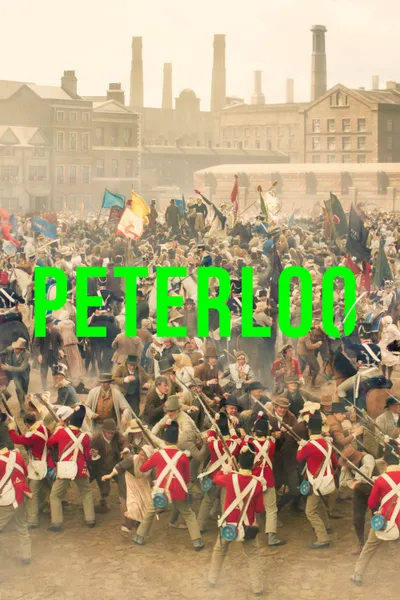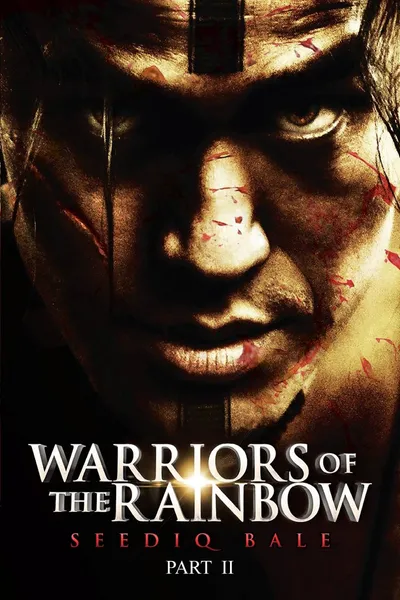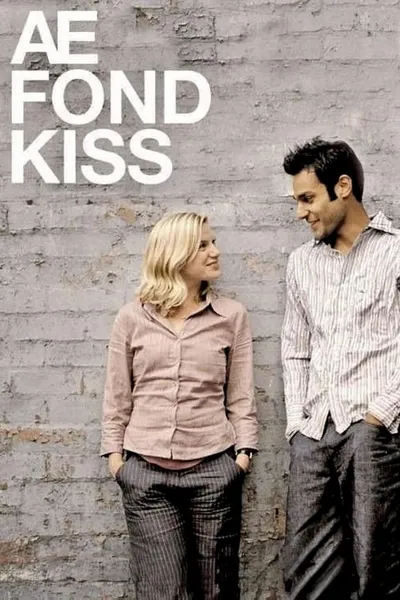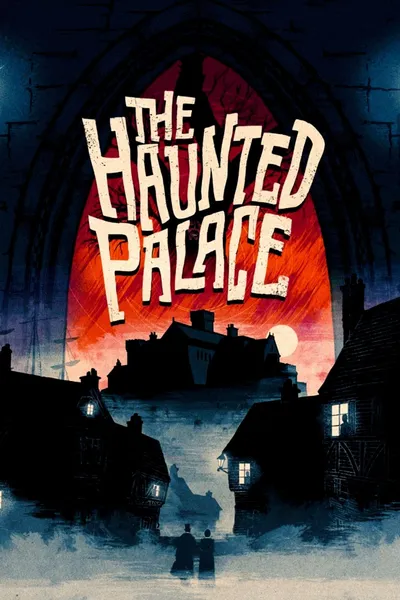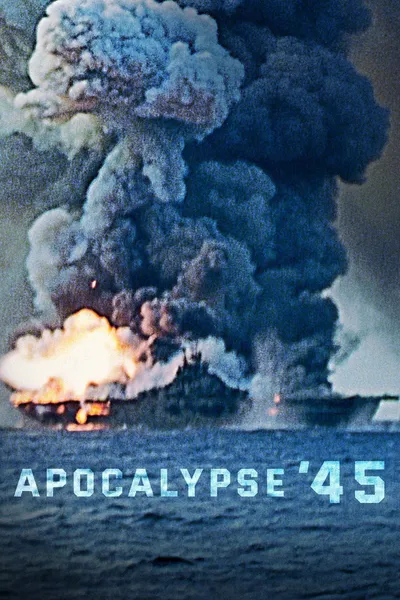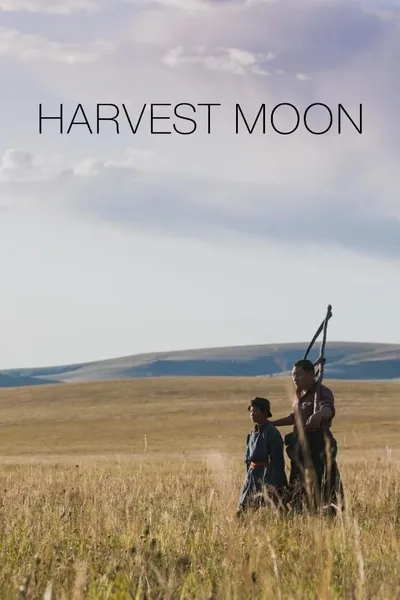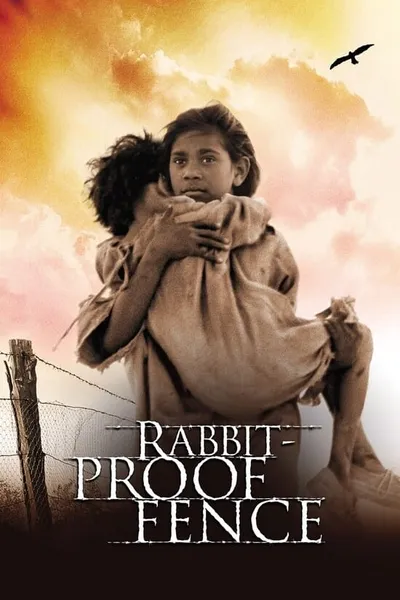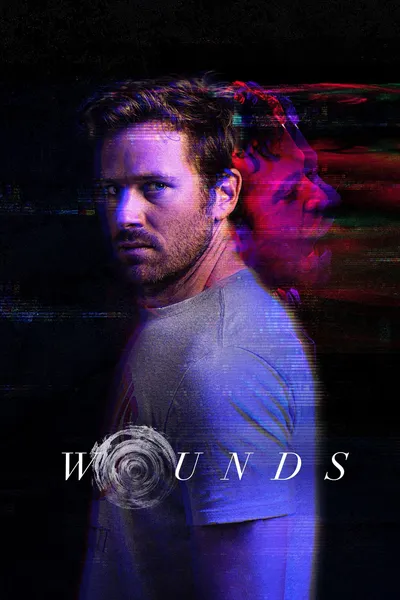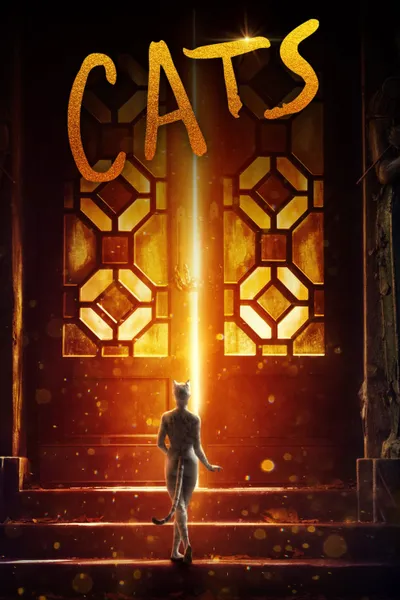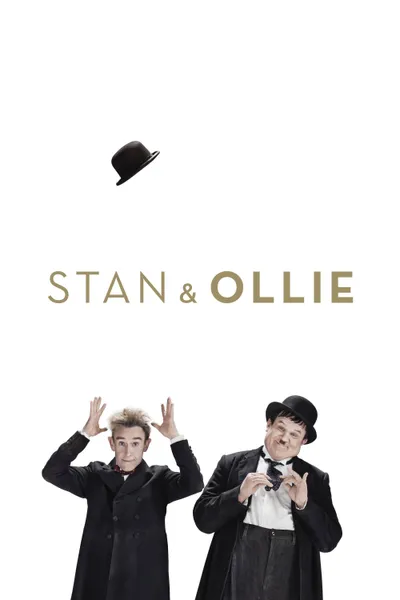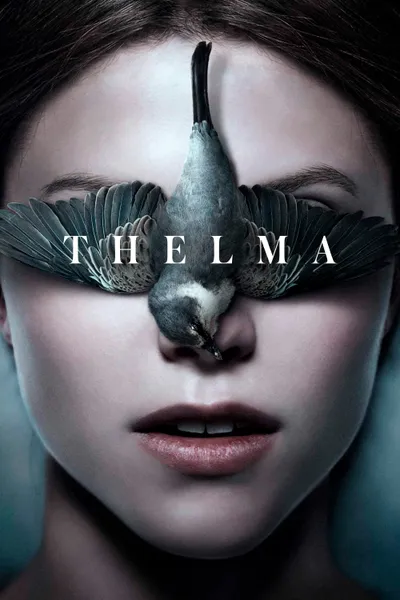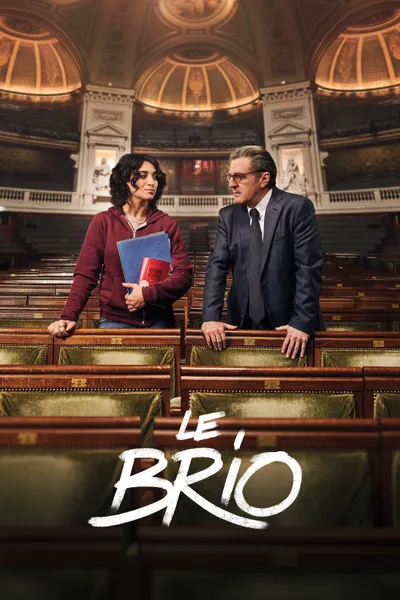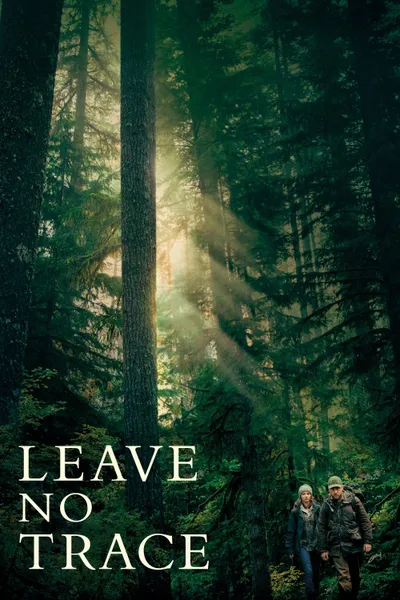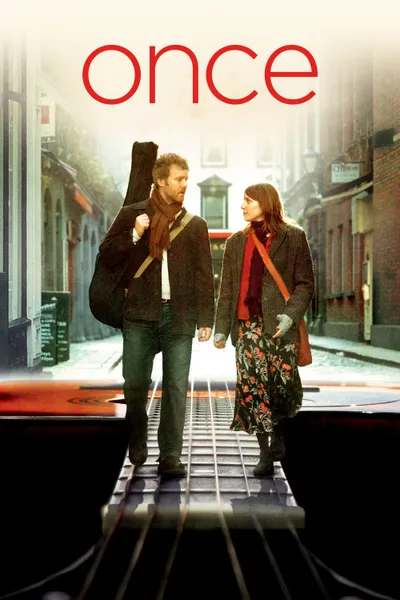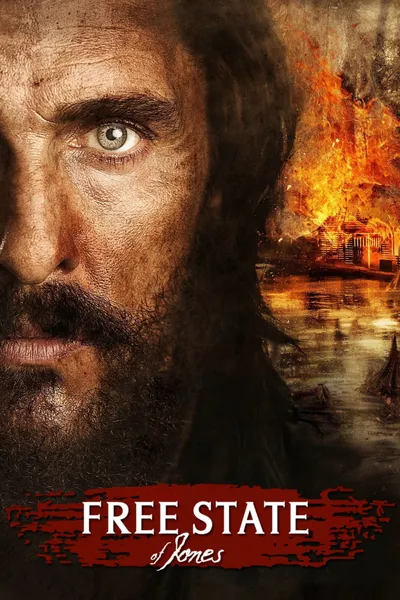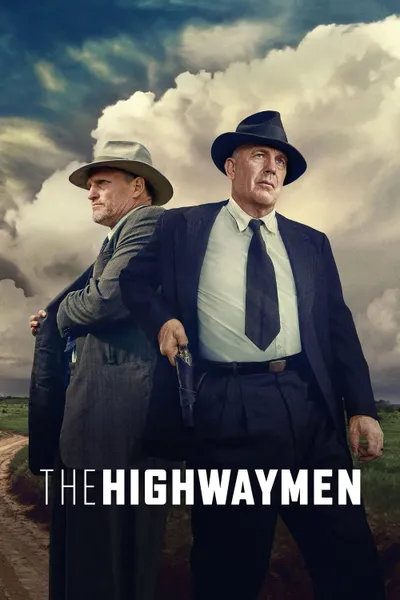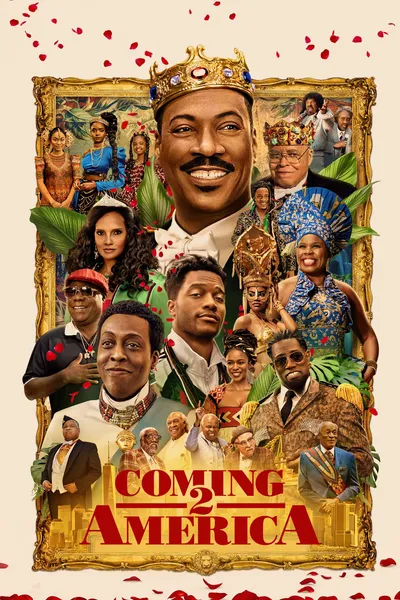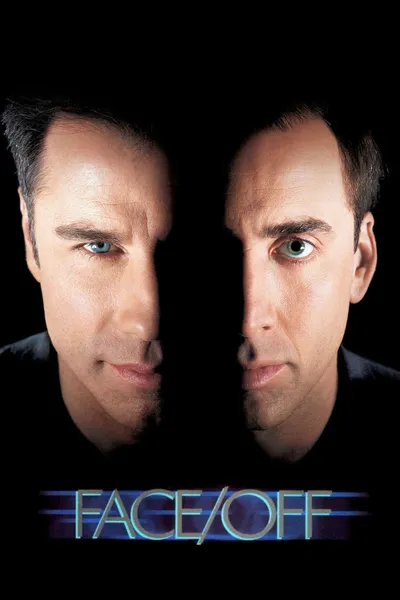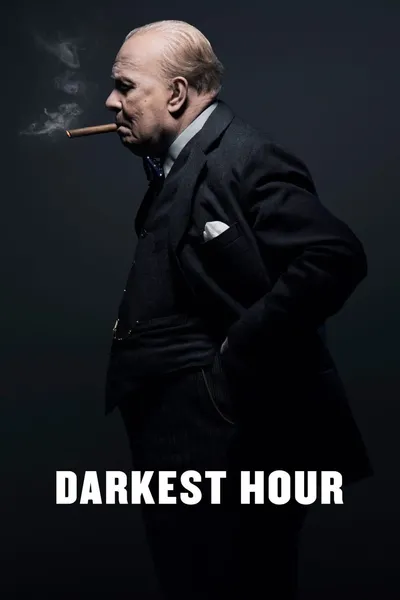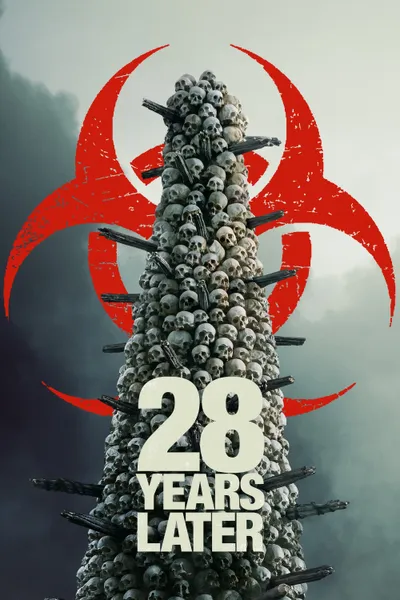Reviews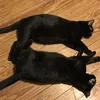
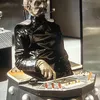

Peter McGinn
April 5, 20208.0
Fine historical film, though it has less emotional depth than other Mike Leigh movies. That makes sense, for his movies have never been described as an epic before.
I often state when I write reviews that I am patient than many viewers when it comes to slower paced movies. Also, since I write novels in my spare time and feature plenty of dialogue, I don't mind a lot of talking in movies either. I think this movie lacked some of the emotional impact of other Mike Leigh films, perhaps due its scope. You know how it is; people can shrug off a disaster elsewhere in the world when it kills 500 people, but if they hear a personal story well told about a single victim, the tears may fall.
There are a lot of people in this movie. There were so many extras that I half expected to see myself in one of the crowd scenes. With so many different main characters and perspectives, I didn't find myself forming a connection with any of them. But I liked the film just fine, and I never would have sat through a documentary on the subject.

CinemaSerf
August 6, 20236.0
It's quite interesting to consider that even in the mother of western democracies, as recently as two hundred years ago most men did not have the vote in the UK, and great swathes of urban Britain had no representation at all. Mike Leigh is perhaps a little heavy handed here, but he does offer us an at times poignant glimpse into the poverty in which the working class lived in England's north west whilst the governing class lived a life of opulence and privilege under the Prince Regent. Rory Kinnear is the renowned orator "Hunt" who travels the length and breadth of the land advocating a peaceful, positive, realignment of power. A trip to Manchester proves to be the ultimate catalyst for the increasingly panic-stricken authorities who - with events in Paris forty years early still prescient - have decided that these increasingly popular gatherings must be stamped out. Leigh has assembled a workmanlike cast here - there isn't really a star, as such - and that helps better illustrate that this is a story about the ordinary man. I say man, because we are a long way from female emancipation being on the back burner, even - indeed the stronger characters here - "Mary" (Rachel Finnegan) and "Nellie" (Maxine Peake) are entirely focussed on empowering their "men folk". What this film does not present though, is any sort of balance to the historical aspects of this conflict. It exaggerates the indifference and excesses of the landed gentry whilst offering a rather naive portrayal of some those advocating revolution. Like many films that present a political assessment of an hugely complex set of scenarios, it ends up reflecting the views of the auteur and that's a shame. This is a story of profound societal evolution that could have been more effective had the establishment been given slightly more airtime and been treated slightly less one-dimensionally and judgmentally. The dialogue is at times, though, really quite powerfully potent and this is a very authentic-looking story that history ought not to readily forge and that is well worth a watch.
Recommendation Movies
Warriors of the Rainbow: Seediq Bale - Part 2: The Rainbow Bridge2011
Ae Fond Kiss...2004
The Haunted Palace1963
Apocalypse '452020
Harvest Moon2023
Rabbit-Proof Fence2002
Wounds2019
Cats2019
Stan & Ollie2018
Rome, Open City1945
Thelma2017
Le Brio2017
Leave No Trace2018
Once2007
Free State of Jones2016
The Highwaymen2019
Coming 2 America2021
Face/Off1997
Darkest Hour2017
28 Years Later2025
© 2026 MoovieTime. All rights reserved.Made with Nuxt
